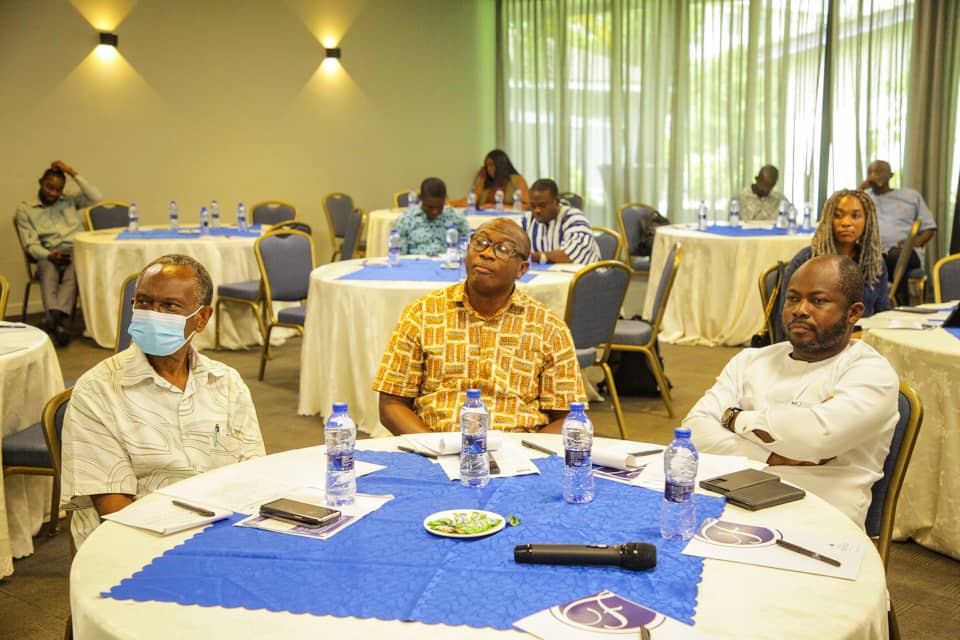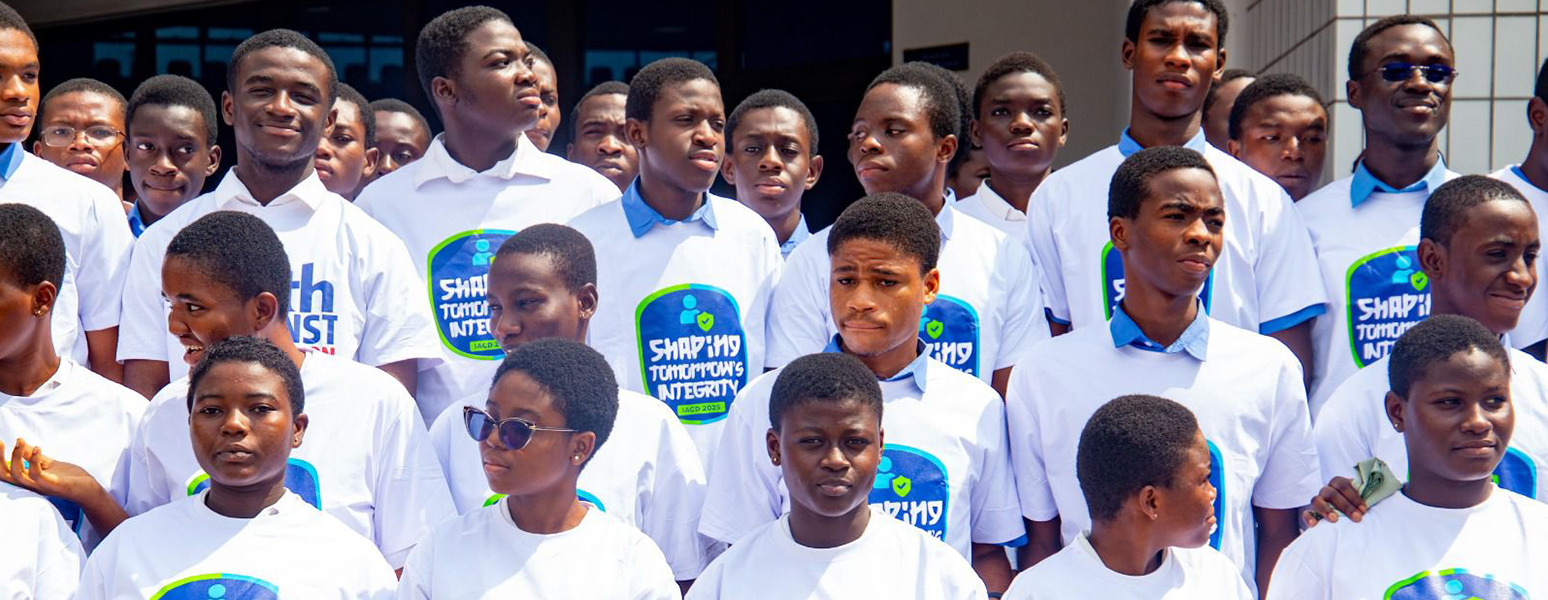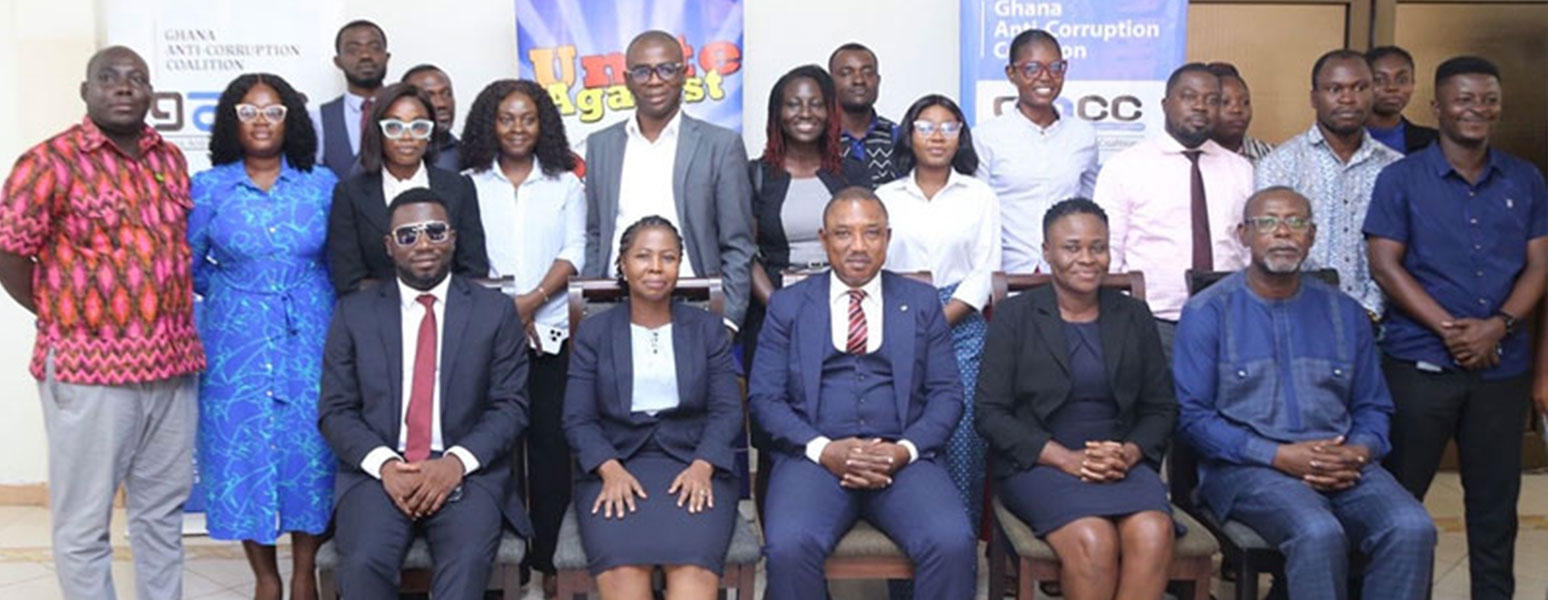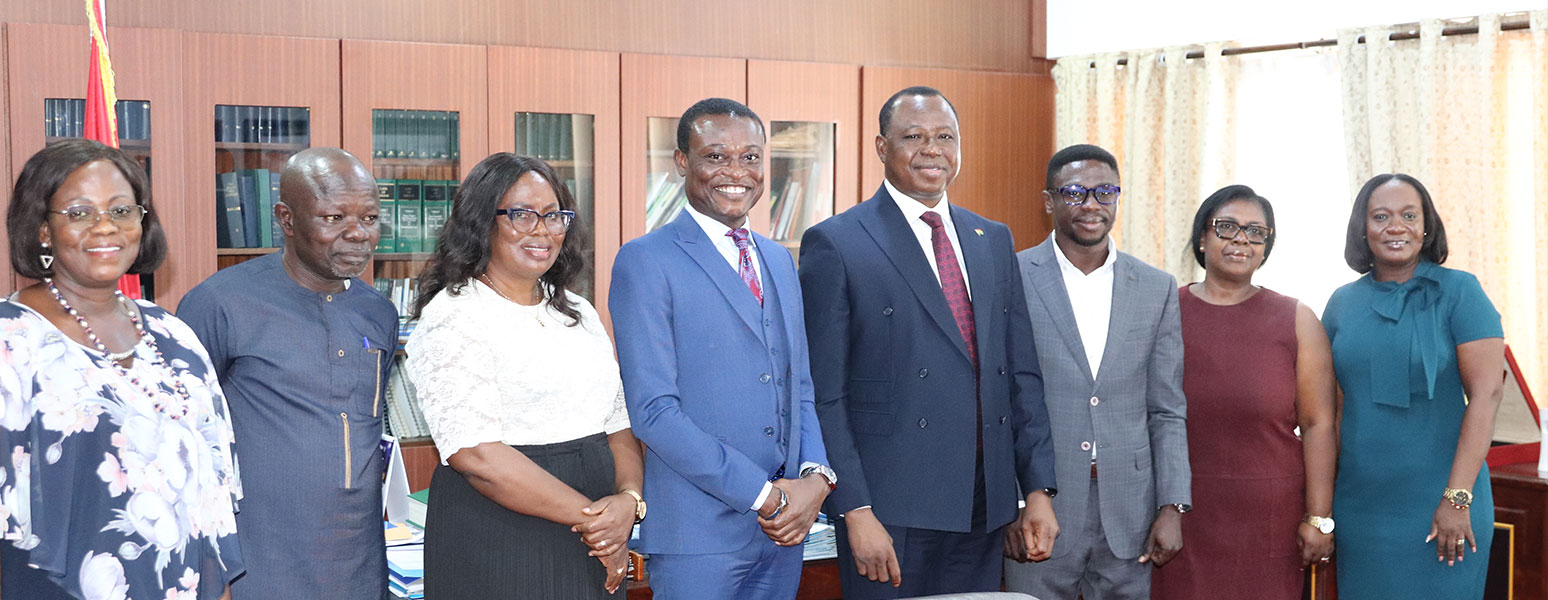OSP Urges Reforms for Transparent Political Party Financing in Ghana
Accra | 1 July 2025
The Office of the Special Prosecutor (OSP) has called for sweeping reforms to Ghana’s political party financing laws to safeguard the integrity of elections and prevent the use of illicit funds in politics.
Speaking on behalf of the Special Prosecutor, Kissi Agyebeng, at a forum organised by Transparency International Ghana and CDD-Ghana, the OSP’s Director for Strategy, Research and Communication, Sammy Appiah Darko, outlined a number of proposals to strengthen oversight, promote transparency, and ensure that proceeds of crime do not infiltrate political financing.
Mr Darko criticised the current framework, which holds only political parties accountable while exempting individual presidential and parliamentary candidates from similar scrutiny.
He called for amendments to the Political Parties Act to require all candidates to submit annual audited financial reports, similar to the obligations of political parties.
He further highlighted the conflict inherent in the Electoral Commission’s dual role as both election referee and financial regulator of political parties, noting capacity constraints that hinder effective oversight.
To address this, he proposed the establishment of an independent political finance audit committee, comprising representatives from the OSP, the Audit Service, and the Judiciary.
“This structure would enable independent, professional audits of financial disclosures by both parties and candidates, without increasing the financial burden on the state,” he said.

|
A cross-section of guests at the programme. |
The OSP also proposed that all financial records—including donations, expenditure, and any public financing—be published online for public scrutiny.
Mr Darko urged the legal definition of “public elections” be expanded to include internal party primaries, which often escape regulation despite their critical role in candidate selection.
He also advocated for a national conversation on ways to lower the cost of campaigning and limit the influence of money in politics, arguing that democracy must remain a contest of ideas, not a competition of wealth.
Ghana currently provides indirect public funding to political parties by refunding filing fees to candidates who secure a threshold percentage of votes, a system Mr Darko suggested should be linked to stricter accountability requirements.






